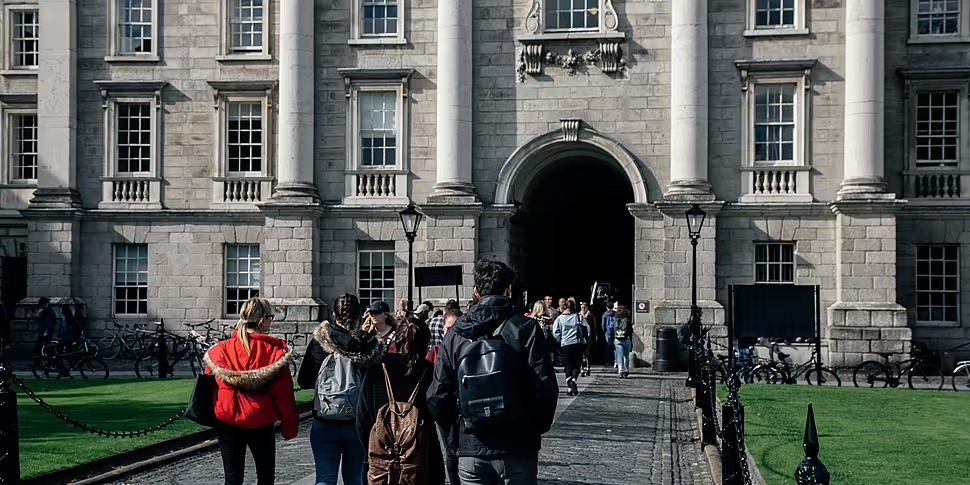Some international students are afraid to speak in their own language in public for fear of racism in Ireland.
A new study from the Irish Council for International Students (ICIS) has found that almost two-thirds of students that move to Ireland have experienced or witnessed racism.
The ‘Speak Out Against Racism’ report notes that just one in ten students reported the racism they experienced to the authorities.
Most of the racist incidents included in the report were verbal attacks; however, one-in-eight were physical.
Racism
On Breakfast Briefing this morning, ICIS Executive Director Laura Harmon said the majority of the students who experience racism are English language students.
“Four-fifths of them were studying the English language here,” she said. “So not at universities although it does happen to university students as well absolutely.
“I think that is a key area. English language students are often extremely underrepresented in this country in terms of their rights and they are quite vulnerable when they come here.
“They do have that English language barrier in terms of English not being their first language.”
Fear
She said students can become too afraid to speak in public for fear of racist attack.
“Another thing that came out of the research was that people are afraid to speak in their own language when they are out in public,” she said.
“Imagine you’re waiting for a bus and you’re afraid to speak to your friend beside you because you are afraid to speak in your own language because it’s not English and you might draw attention to yourself.
“That was something that really stood out to me. People are afraid to speak in public.”
Speak Out Against Racism
Ms Harmon said there is a lot of work to be done to highlight the issue right across society – but especially for young people.
“Groups of teenagers are some of the primary perpetrators of racism according to our study,” she said.
“But also, we have seen reports of older adults and as I have said, in settings where people are accessing supports - so in healthcare for example - we have also seen people reporting racism.
“It is everywhere in society. Racism is pervasive across society as a whole and that is why we need a whole-of-society approach to tackle it.”
She said the figures are “very stark”, particularly when it comes to underreporting rates.
“We saw really high underreporting rates, which is quite concerning,” she said.
“A lot of the reasons they gave for not reporting were because they were afraid they wouldn’t be taken seriously, they didn’t know what their rights were and they didn’t know where to report.
“We would be encouraging students to report to the Gardaí. There is also iReport.ie, which they can report to as well online.”
Report
The report includes many personal experiences of racism, including from an Indian PhD student who said a woman spat at her before saying ‘f***ing immigrant’.
Meanwhile, a Brazilian student said he worked at a job where his Irish employer always gave him cleaning duties while giving different jobs to people from other countries.
A Mexican undergraduate said he witnessed teenagers insulting and hitting people on the street and saying it was because they didn’t ‘look Irish’.
Another Brazilian student said: “Because we are immigrants, the police don't listen to us and preference is always given to natives.”
Ms Harmon said awareness campaigns need to be run across colleges and businesses highlighting the issue and encouraging people to report.
She said the campaigns should be as pervasive as recent consent campaigns in Irish colleges.









